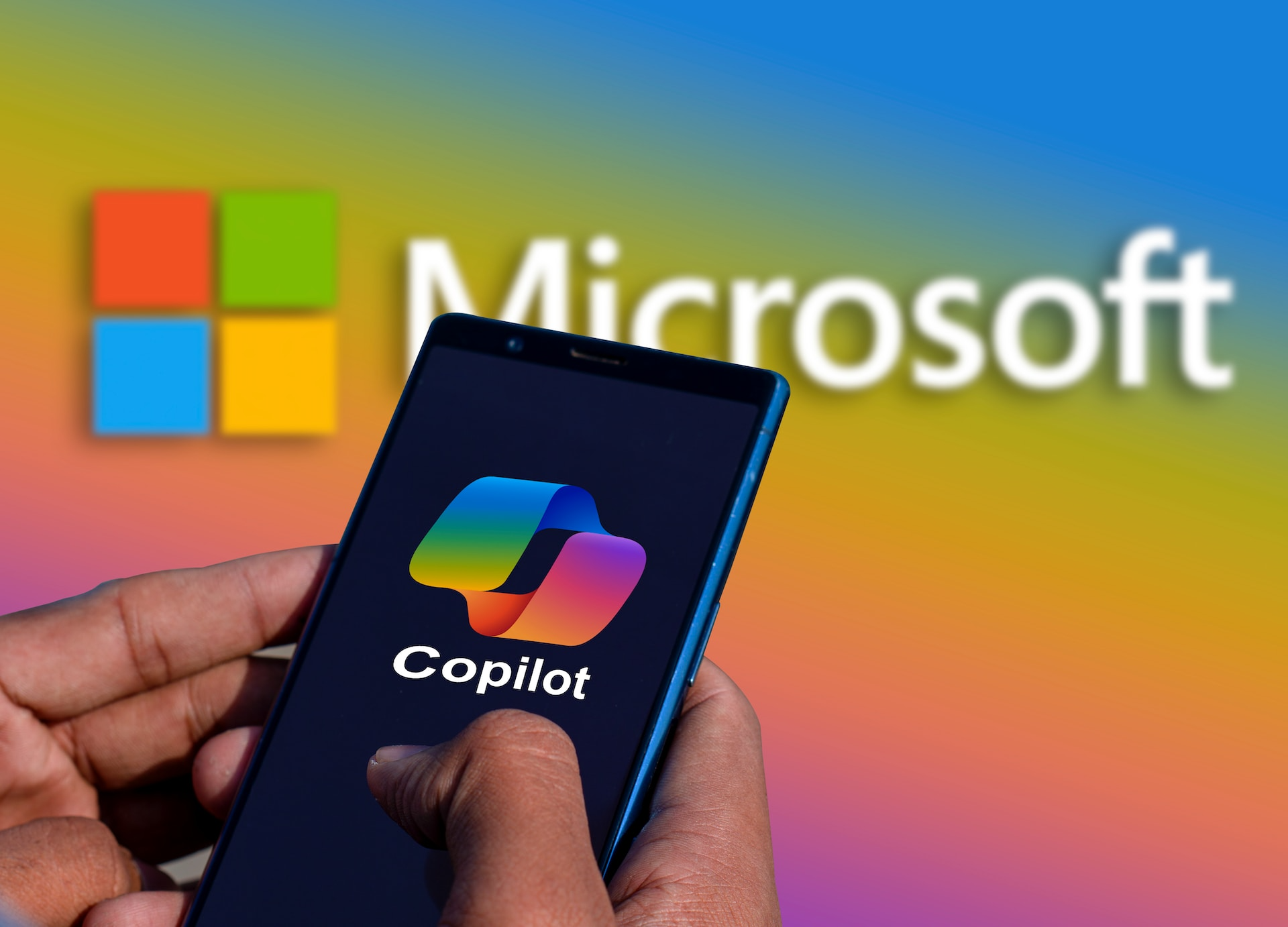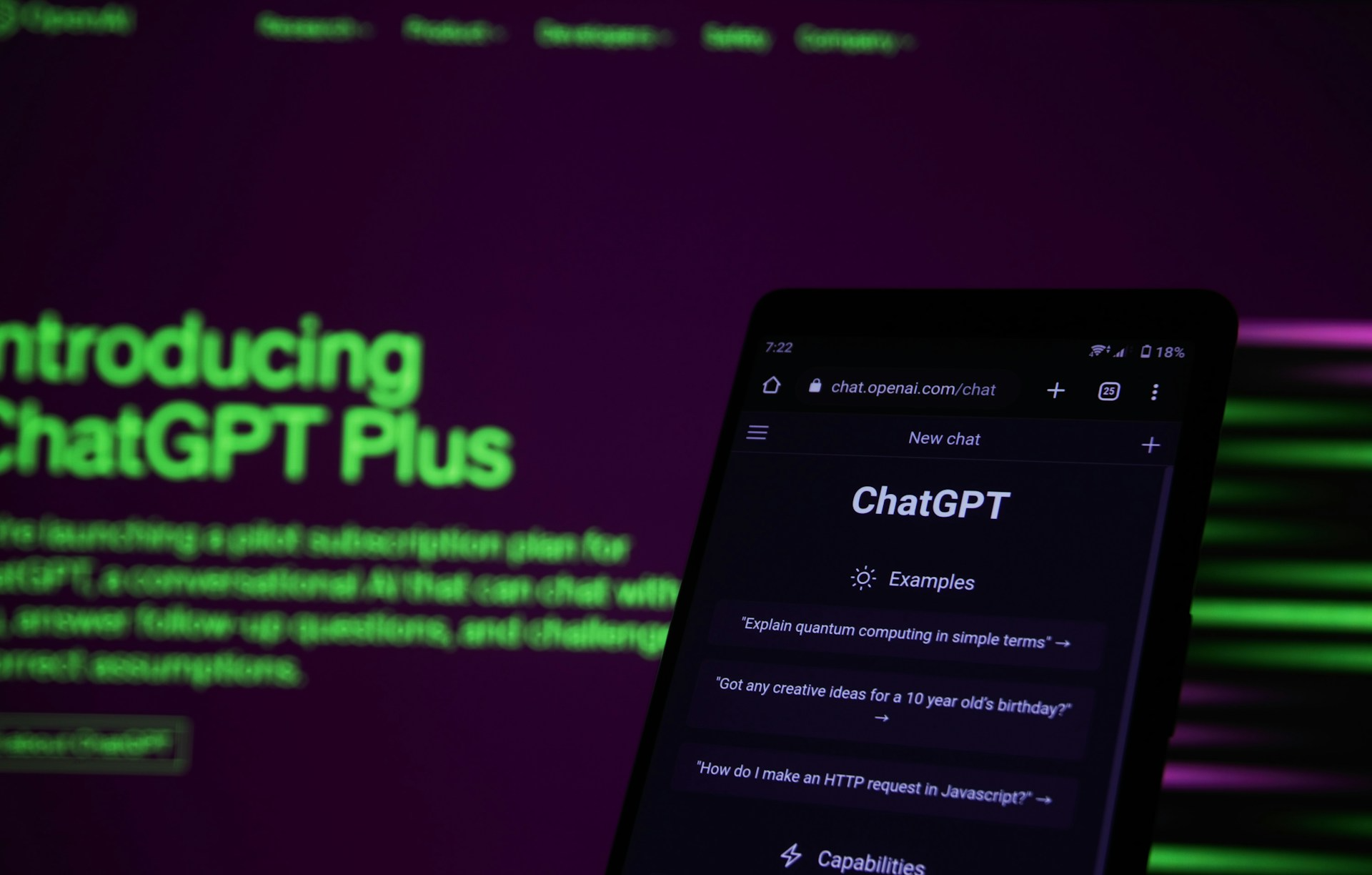
How to Use Direct Marketing Campaigns
A clear look at direct marketing campaigns: how they work, when to use them, and how they compare to brand campaigns. Practical, factual, and actionable.
.jpg?2026-02-17T14:47:30.411Z)
When Leroy Merlin ran out of hands, InAppStory became the extra ones

Mark Polskii
AI makes mobile marketing smarter and faster. It helps you target users precisely, personalize messages, automate campaigns, and predict customer behavior without more manual work.
AI in mobile marketing means using technology to analyze user behavior, automate tasks, and send more relevant messages. It’s the difference between generic push notifications and perfectly timed, personalized campaigns that adapt to user behavior and context — the kind of approach described in the research on how AI personalization makes mobile campaigns feel human again.
In practice, AI tools can:

There are three core technologies that power smarter mobile marketing:
1. Machine Learning (ML)
ML spots patterns in behavior. It learns who’s likely to buy, churn, or upgrade.
2. Natural Language Processing (NLP)
NLP interprets text and voice. It powers chatbots, in‑app assistants, and content generation.
3. Predictive Analytics
It forecasts what actions users will take next, so you can target them at the right moment.
AI plays a central role in mobile marketing by helping teams make faster, smarter decisions based on real-time user data. Its core strength lies in processing large volumes of behavioral data and turning it into actions that improve engagement and performance.
Here’s what AI enables:
AI can analyze how users interact with your app. It identifies patterns in behavior, feedback, and usage frequency. These insights help you understand what users want, what they skip, and when they drop off.
AI allows apps to personalize content, offers, and messages in real time. Based on in-app activity, each user can see different stories, notifications, or recommendations without manual setup.
By looking at historical data, AI can forecast future behavior. This includes likely churn, high-value users, or ideal timing for upsell offers. Predictive insights help marketers act before problems happen.
AI can optimize mobile marketing campaigns by:
This leads to more efficient campaigns and better results with less manual effort.
Generative AI refers to machine learning models that can create content — text, images, audio, or even code — based on prompts. In marketing, this means teams can now use AI to produce ad copy, headlines, visuals, email drafts, and even entire product descriptions in seconds.
This shift is practical, not just theoretical. Marketers are already using AI in advertising to generate banner variants, social media posts, onboarding screens, and in-app messages. Instead of writing five versions manually, teams generate dozens of options instantly and test what performs best.
The most common tools for generative AI in marketing include:
These tools don’t remove the need for creativity. But they help with drafts, variations, and early-stage concepts, especially when deadlines are tight or resources are limited. For branding tasks that still require speed and flexibility, many marketers turn to an AI logo maker to experiment with logo variations while maintaining brand consistency.
Well, what does that look like in real life? A team running an AI marketing campaign might generate 10 versions of a product headline, test all of them through push notifications, and identify the winner by click-through rate. Another team might use AI to create visual templates for in-app promotions, then localize them for different regions in just minutes.
This use of AI-driven advertising doesn’t just speed up production. It also allows for more experimentation, which can lead to better results.
That said, generative tools still need review. Outputs can sound generic, include errors, or miss brand tone. So most brands using AI today treat it as a creative assistant — not a final authority.
If you’re wondering where to start, begin small. Pick one part of your mobile marketing process — headlines, visuals, subject lines — and test using AI to market your business there. The results might not be perfect. But they’ll be faster. And over time, you’ll learn how to guide the tools more effectively.

Incorporating Artificial Intelligence (AI) into mobile marketing strategies unlocks a realm of possibilities for engaging with customers in more meaningful and effective ways. By leveraging AI, businesses can enhance their marketing efforts with personalized content, automated customer service, predictive analytics, and optimized advertising. Here are key AI-driven strategies that are transforming mobile marketing:
AI algorithms excel at analyzing individual user behaviors, preferences, and engagement history to curate personalized content and product recommendations. This approach ensures that users receive marketing messages and offers that are highly relevant to their interests, significantly increasing the likelihood of engagement and conversion. Personalization can manifest in various forms, including customized email marketing, targeted push notifications, and personalized in-app content.
AI-powered chatbots provide instant, 24/7 customer service across mobile platforms. These chatbots can handle a wide range of queries, from basic product questions to complex support issues, delivering prompt and personalized responses. The integration of Natural Language Processing (NLP) enables these chatbots to understand and respond to user inquiries in a conversational manner, enhancing the customer experience and freeing up human resources for more complex tasks.
Predictive analytics leverage AI to analyze past and current user data to forecast future behavior and preferences. This insight allows marketers to anticipate needs, tailor marketing efforts, and engage with users at the optimal time. For instance, predictive analytics can identify when a user might be ready to make a purchase, enabling marketers to send targeted offers or reminders that can nudge the decision-making process.
AI-driven programmatic advertising automates the buying and placement of ads, using real-time data to decide where and when to display marketing messages. This technology enables real-time bidding (RTB), where ad impressions are bought in real-time auctions, allowing for highly efficient use of advertising budgets. Ads are placed in contexts where they are most likely to be effective, maximizing ROI and ensuring that marketing messages reach the right audience at the right time.
AI can also play a pivotal role in optimizing the user experience (UX) design of mobile apps and websites. By analyzing user interactions and feedback, AI algorithms can identify pain points and areas for improvement. This data-driven approach to UX design ensures that mobile platforms are user-friendly, intuitive, and tailored to meet the needs of the target audience.
Well, there’s no denying it now: AI in mobile marketing has moved past the early hype. It’s not just for enterprise teams or experimental budgets. The tools are available, and the use cases are clear.
Marketers use AI to reduce manual work, speed up testing, and personalize at scale. That includes everything from writing onboarding copy to predicting churn. And in mobile advertising, where timing and relevance matter most, AI makes a measurable difference.
Still, it’s worth noting the limits. AI does not remove the need for strategy or human review. Most AI marketing campaigns still require good data, clear goals, and consistent testing. Using AI in advertising works best when it supports your team — not when it replaces it.
AI in ads is useful, but not automatic. AI-driven advertising is scalable, but only if you feed it strong inputs. Generative AI in marketing can create content fast, but it needs direction.
The takeaway is simple: if you’re still doing everything manually, you’re falling behind. But if you start experimenting now — with small, focused applications — you’ll learn fast. And that’s what most brands using AI today have in common. They test, iterate, and adapt.
How does AI improve user engagement in mobile apps?
AI improves engagement by analyzing user behavior in real time and delivering personalized content, messages, or offers based on individual habits and preferences.
Which AI tools are most useful for mobile marketers?
Common tools include AI-based push notification platforms, customer data platforms with segmentation, content personalization engines, and A/B testing tools powered by machine learning.
Can AI help reduce user churn?
Yes. AI can identify patterns that signal churn, such as drop-offs in activity. Apps can then trigger retention flows like story-based reactivation campaigns, discounts, or reminders.
Do I need a data science team to implement AI in my app?
No. Many AI features are available through plug-and-play tools, SDKs, or platforms with built-in intelligence. Teams can start small with behavior-based segmentation and work up to predictive targeting.
Is AI personalization GDPR compliant?
Yes, if used correctly. You must collect consent, disclose data usage, and allow users to opt out. Many AI-powered platforms offer privacy-by-design features.

Read also